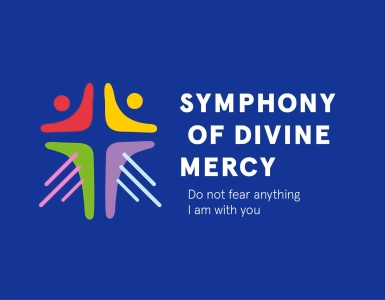Holy Saturday in Rome looks different than in Poland – recalls Archbishop Mokrzycki. Italians do not practice the blessing of food. Unless somewhere in small villages in the south. So, we did not bless food on Saturday. John Paul II blessed food on Sunday, before Easter breakfast. Saturday was a day of silence, adoration. Every year the sisters prepared a symbolic tomb of the Lord Jesus in the chapel. The Holy Father spent a lot of time by the tomb. He came and prayed. On Friday, after the Stations of the Cross at the Coliseum, he stayed there for longer. The apartments were even quieter than usual. John Paul II usually confessed on Saturdays. That was also the case on Easter Saturday. In the afternoon, a confessor came to the Papal apartments. The confession lasted longer than usual. It was certainly a special confession for the Holy Father, because he was preparing for the most important day of the liturgical year, preparing for the meeting with Jesus the Risen One – said Archbishop Mokrzycki.
There was no morning Mass, but the Pope did not get up later. At that time he prayed in the chapel, at the tomb. The secretaries urged him to rest during the day, because the longest Mass in the entire liturgical year was ahead of him. The Mass of Easter Eve began after dark. And, it lasted three hours. John Paul II refused to rest. He prayed, read, meditated. He was preparing for the night for which he was waiting so much. The holy Mass always started with a ceremony of the blessing of fire and the lighting of a candle called Passover – says the Archbishop. The Holy Father was always very affected. As if invariably amazed by the news that Christ had truly risen. To the faithful, he said that it was shocking news that “changed the course of history.” And, that if Christ had remained in captivity, in some way mankind would have lost its meaning. He reiterated that the Church and the entire world are awaiting because “the hour of Christ’s victory over death is the greatest hour of his history.”
With the consent of Archbishop Mieczysław Mokrzycki – “Place for everyone”
Znak Publishing House, Kraków 2013





